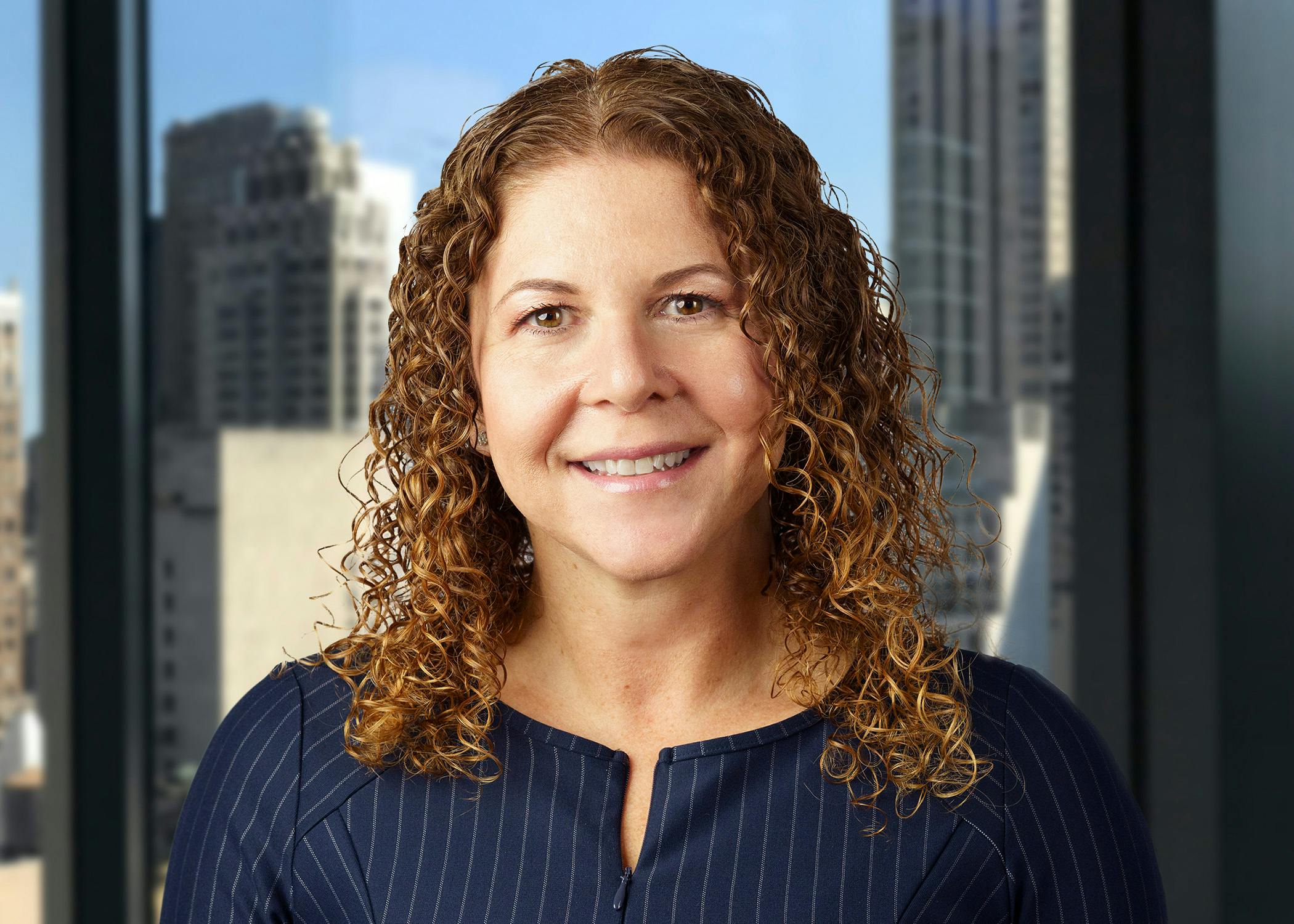As we previously reported, on December 28, 2022, the New York State Office of the Medicaid Inspector General (the OMIG) adopted new regulations that, among other things, codified the legal requirements of the OMIG’s “Self-Disclosure Program.” In many respects, the regulations reflected the OMIG’s prior policies regarding self-disclosure of overpayments.
However, until recently, the OMIG’s regulations and guidance did not clearly indicate whether providers could continue voiding or adjusting minor overpayment errors, and/or whether such minor errors were required to be disclosed. Although voiding and adjusting minor overpayments has long been common practice, many providers expressed concern that, under the new regulations, such minor overpayments would be subject to the OMIG’s Self-Disclosure Program, which was viewed as inappropriately burdensome for such minor errors.
OMIG’s updated guidance
The OMIG has now addressed that ambiguity in updated guidance, stating that overpayments relating to errors that have “minimal monetary or program impact” can continue to be voided or adjusted. However, such errors must also be disclosed to the OMIG using a new “Abbreviated Self-Disclosure Process.”
The Abbreviated Self-Disclosure Process
As an initial matter, the OMIG’s updated guidance emphasizes that voiding or adjusting Medicaid claims does not, by itself, satisfy a provider’s obligation to report and explain overpayments—such claims must still be self-disclosed. The OMIG guidance provides the following examples of transaction types that have “minimal monetary or program impact” and therefore qualify for reporting using the abbreviated process:
- Routine credit balance/coordination of benefits overpayments;
- Typographical human errors;
- Routine Net Available Monthly Income (NAMI) adjustments;
- Instance of missing or faulty authorization for services due to human error;
- Instance of missing or insufficient support documentation due to human error;
- Inappropriate rate, procedure, or fee code used due to typographical or human error;
- Routine recipient enrollment issue
How to report overpayments
Overpayments that qualify for the Abbreviated Self-Disclosure Process must be voided or adjusted within 60 days from the date they are identified. Providers can report such overpayments using a “Self-Disclosure Abbreviated Statement,” which includes a spreadsheet on the OMIG website. The spreadsheet requires the provider to identify the transaction control number (TCN) of the overpayment, the amount of the overpayment, and the reason for the overpayment. The spreadsheet also allows providers to include additional information in an optional field. Providers may aggregate reports of such overpayments in a monthly report, which the guidance indicates must be submitted by the 5th of the month following the month in which the claims were voided or adjusted.
As with the “Full Self-Disclosure Process” that applies to more significant overpayments, if the OMIG requests additional information, the provider will have 15 calendar days to supply the information requested. The OMIG guidance states that the agency may, in its discretion, request that a Medicaid provider submit a Full Self-Disclosure Statement.



